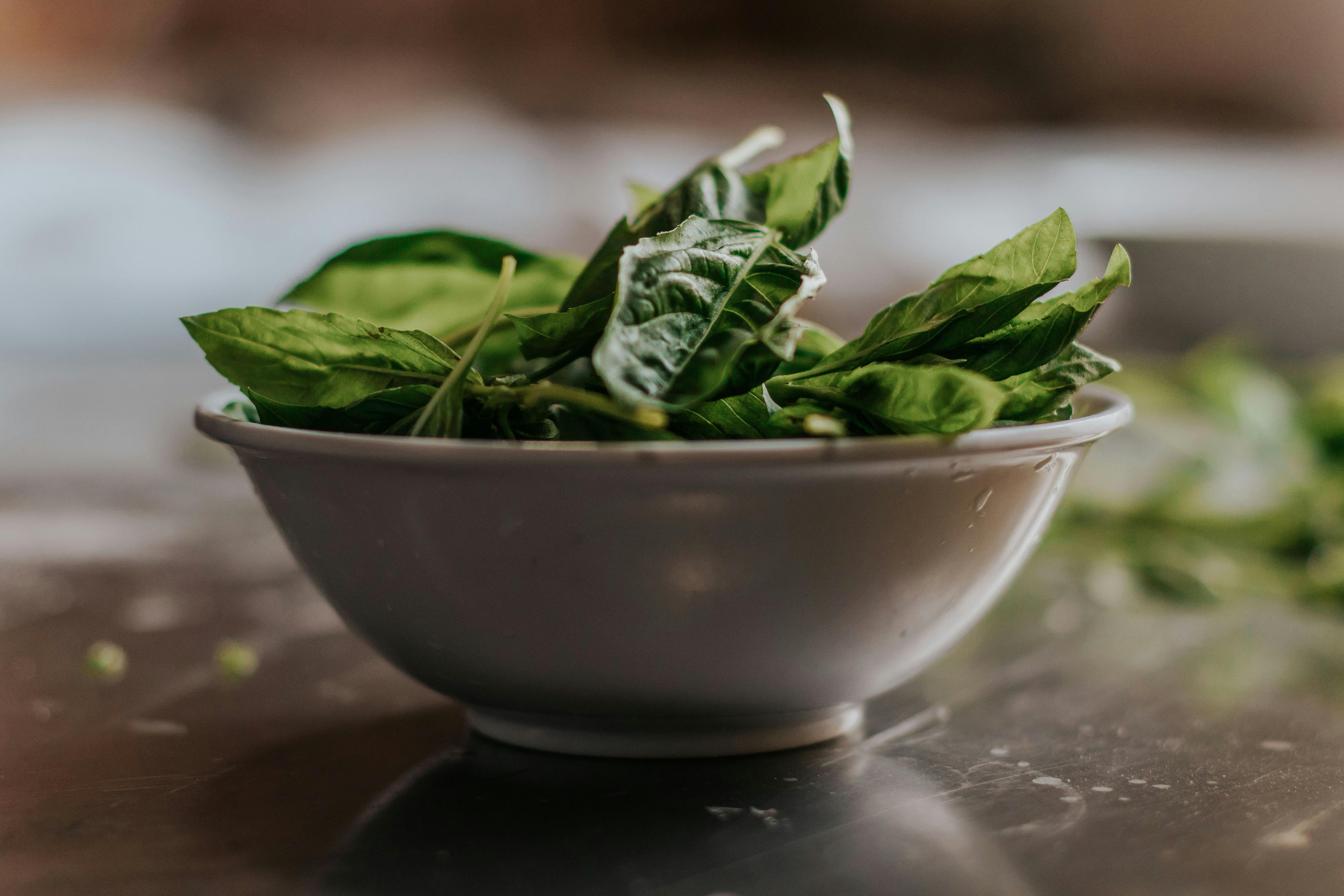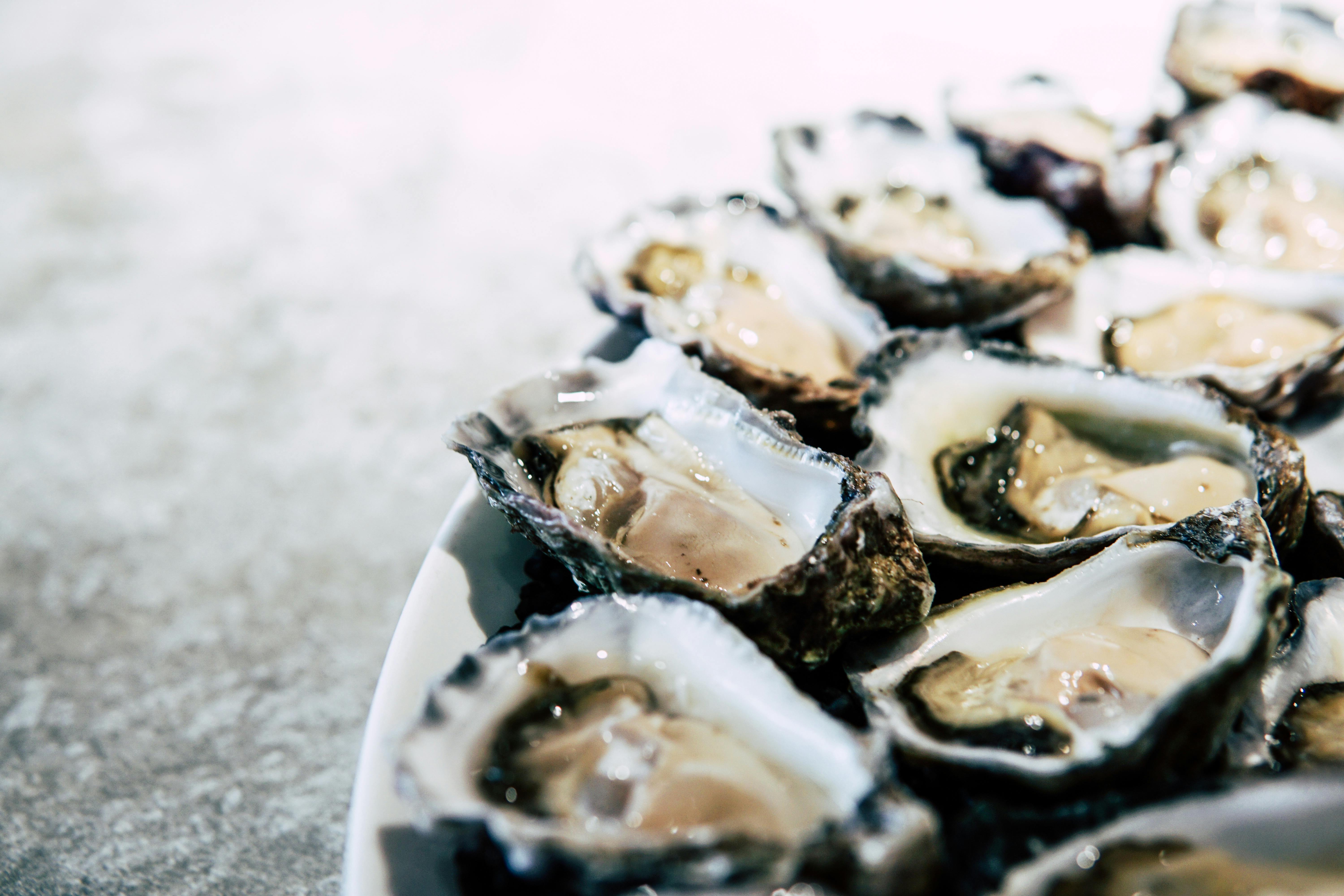Why Your Hair is Falling Out: The Surprising Link to a Missing Nutrient
Hair loss is a common concern that affects millions of individuals worldwide, transcending age and gender. While hereditary factors and hormonal changes are well-documented causes, recent studies have illuminated another surprising culprit: nutrient deficiencies. Specifically, a lack of essential nutrients can disrupt the natural hair growth cycle, leading to increased shedding and thinning. This article delves into the intricate relationship between nutrition and hair health, exploring how a deficiency in certain nutrients can manifest as hair loss. By understanding these connections, individuals can take proactive steps to address the root cause and restore their hair’s vitality.
The Role of Iron: Fuel for Hair Follicles

Iron is a critical nutrient that supports various bodily functions, including the production of hemoglobin, which transports oxygen to cells. Hair follicles, like all cells, require adequate oxygen to thrive and grow. When iron levels are insufficient, the body prioritizes essential organs over hair follicles, leading to a condition known as telogen effluvium. This condition results in increased hair shedding and thinning. Women are particularly susceptible due to menstruation and pregnancy, which can deplete iron stores. Ensuring a diet rich in iron, from sources such as red meat, spinach, and lentils, can help maintain healthy hair growth.
Zinc: The Unsung Hero of Hair Health

Zinc plays a pivotal role in hair tissue growth and repair. It also helps keep the oil glands around the follicles working properly. A deficiency in zinc can lead to hair loss and even changes in hair color. This mineral is crucial for maintaining the structural integrity of hair follicles, and its antioxidant properties protect against environmental damage. Foods like oysters, beef, and pumpkin seeds are excellent sources of zinc. Supplementation may be necessary for individuals with dietary restrictions or absorption issues, but it should be approached with caution, as excessive zinc can also lead to hair loss.
